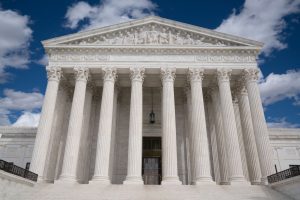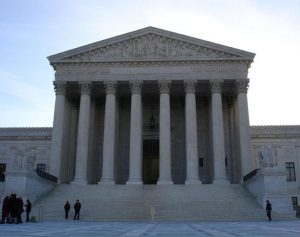Florida’s sun-kissed beaches, resorts, and theme parks are world-renowned – which is why Broward County alone drew 118 million visitors in a single recent year. Tourism is the state’s No. 1 industry, and our restaurants, hotels, and other businesses profit handsomely from it. But with this comes responsibility to take reasonable precautions to protect guests from foreseeable risks. Failure to do so, as a Fort Lauderdale injury lawyer can explain, can be categorized as negligent security and could be legally actionable if you’re harmed. 
The broad definition of negligent security is a form of premises liability by which an individual who is injured by the criminal action of a third party can hold legally liable the owner or tenant of a property where the injury was inflicted. Typically, such injuries arise out of cases of robbery, rape, assault, or battery.
This is not to say there’s a potential civil claim for every criminal action. The question is whether you had a right to expect some degree of safety where the attack occurred – whether that was at a shopping mall or an office complex or an entertainment venue or a hotel. The people who own and control these properties are expected to have a basic understanding of the possible safety risks posed to their customers, and to take reasonable action to secure the premises and protect these individuals – particularly when (as in the case of the hotel) those individuals are paying customers.
As a Fort Lauderdale injury lawyer can tell you, prevailing on a claim of negligent security against a hotel requires proof that the crime could have been prevented – or at least made less likely – if the hotel owner or manager had used appropriate security measures. If the lapse in security happened due to the mistake of an employee, the hotel owner/employer can still be held liable under a legal doctrine known as respondeat superior, Latin for “let the master answer.”
Examples of Negligent Security at a Florida Hotel
There are many different scenarios in which an injured Florida tourist could sue a hotel for negligent security. Continue reading
 Broward Injury Lawyer Blog
Broward Injury Lawyer Blog












